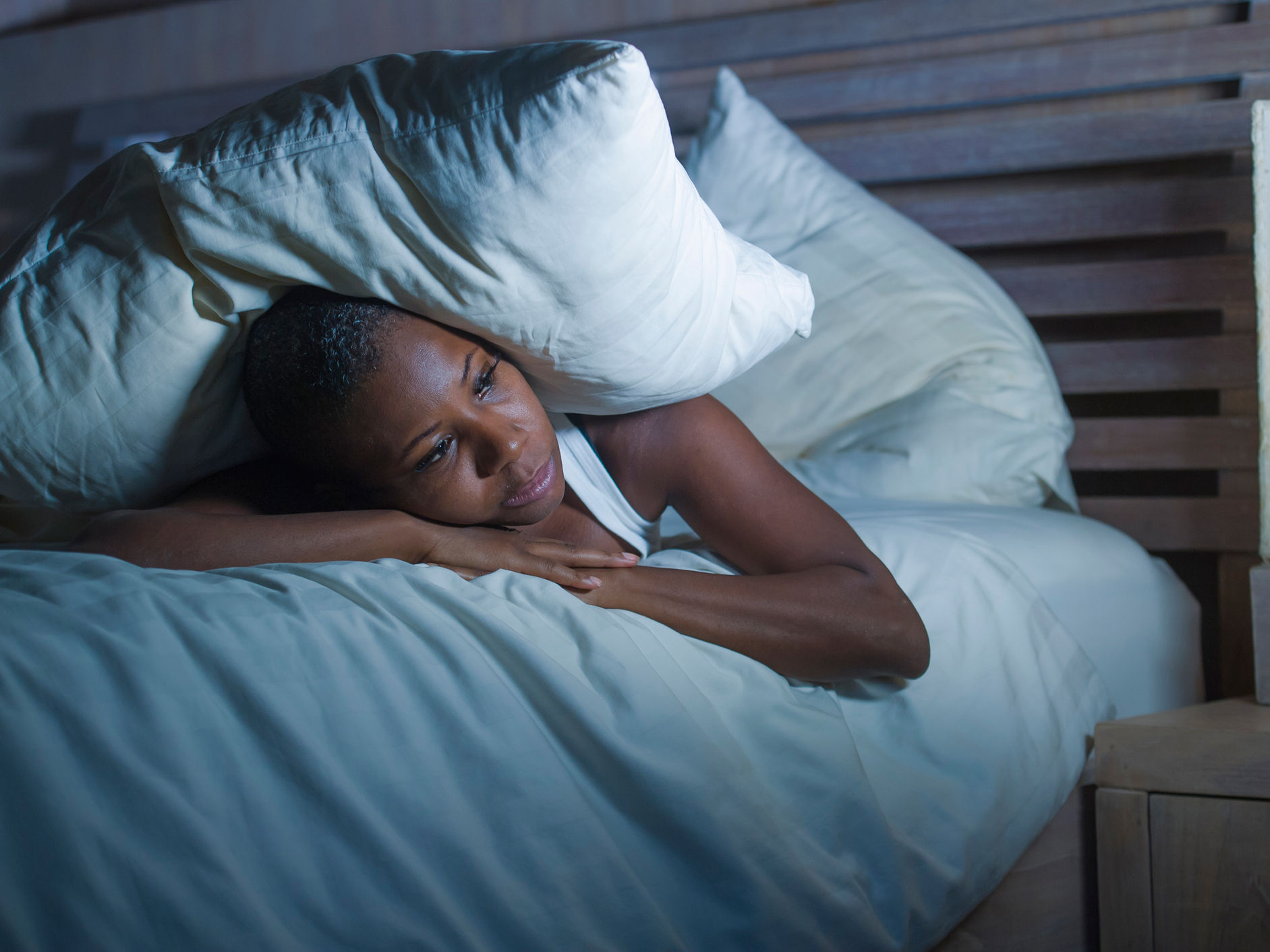Get Easy Health Digest™ in your inbox and don’t miss a thing when you subscribe today. Plus, get the free bonus report, Mother Nature’s Tips, Tricks and Remedies for Cholesterol, Blood Pressure & Blood Sugar as my way of saying welcome to the community!
The frightening danger that’s 3x higher with restless leg syndrome

Restless leg syndrome is a harmless disease. At least, that’s what your doctor tells you to ease your mind. Sure, it’s uncomfortable. But it’s nothing that puts your life in danger. Just an annoyance like mild arthritis or occasional migraines.
That’s true to some degree. But not entirely…
It is true that restless leg syndrome isn’t caused by a serious medical problem. But that doesn’t mean it isn’t serious. People with this mysterious disease (doctors still don’t know exactly what causes it) face major risks that people without this disease don’t have…
Research shows people with RLS are 40 percent more likely to die in the next eight years. They’re also 43 percent more likely to die from heart disease in the next decade. But a new study just uncovered the biggest RLS-related risk yet…
Suicide.
Restless leg syndrome spikes risk of self-harm and suicide
Researchers from Penn State University just discovered that people with restless leg syndrome have a scary high suicide risk.
The study included data from 24,179 people who had RLS and 145,194 people who didn’t. After crunching some numbers, researchers discovered that people with RLS had a suicide and self-harm risk that was 270 times higher than people without the disease. 270 times higher!
Now, if you have RLS, you may already know the toll it can take on your mental health. It makes you uncomfortable when you’re trying to sleep or relax. It causes serious insomnia in some people and has been connected to higher depression risk in other studies. Considering all that, it’s no surprise RLS is linked to higher suicide risk.
But here’s the thing…
Researchers took all that into account. They controlled for factors like depression and insomnia to make sure they didn’t sway the results. And they found that RLS increases suicide risk independent of all that other stuff.
So, even though RLS is still a mystery in a lot of ways, one thing is clear… it’s connected to physical and mental health risks you need to take very seriously.
Finding solutions for restless leg syndrome
If you have RLS, you may be wondering what you can do about it…
Well, it is possible to get your RLS into remission. But there’s no surefire cure. The first thing any RLS sufferer should do is check for an iron deficiency. Iron deficiency can trigger restless legs and it’s easily treatable.
If your iron levels are A-OK, then you can make other lifestyle changes to improve your symptoms, like:
- Cutting out caffeine, alcohol, and tobacco. These three substances make symptoms worse for a lot of people.
- Getting more exercise. Research shows RLS is more common in people who are sedentary and overweight. One study even found that resistance training and aerobic exercise improve RLS symptoms. Studies show yoga and stretching can improve symptoms too.
- Taking a closer look at your medications. There’s evidence that medications like lithium, SSRIs, dopamine antagonists and tricyclic antidepressants can make RLS worse. So, ask your doctor about alternatives if you’re on any of these medications. Although, some of these drugs are also successful at treating RLS, so it may take a bit of trial and error to see if they’re improving or worsening your symptoms.
- Trying massage or acupuncture. There’s at least one published medical case study about someone with RLS who improved her symptoms through massage therapy. At the very least, it will help you (and your restless leg muscles) relax. Research shows acupuncture improves RLS symptoms too.
You may also want to visit a therapist who can help you deal with RLS side effects like depression and insomnia. There’s evidence that cognitive-behavioral therapy can help people with RLS cope with their symptoms better. If you’re interested in visiting a cognitive behavioral therapist, check out Psychology Today’s database to find one near you.
Sources:
- Suicide and self-harm risk nearly triple in people with restless leg syndrome — MedicalXpress
- Restless legs syndrome — Mayo Clinic
- Complementary and alternative therapies for restless legs syndrome: An evidence-based systematic review — Sleep Medicine Reviews
- Exercise and restless legs syndrome: a randomized controlled trial — Journal of the American Board of Family Medicine
- Restless Legs Syndrome — American Family Physician
- Symptom Severity of Restless Legs Syndrome Predicts Its Clinical Course — The American Journal of Medicine
- Cognitive behavioural group therapy to improve patients’ strategies for coping with restless legs syndrome: a proof-of-concept trial — Journal of Neurology, Neurosurgery and Psychiatry













